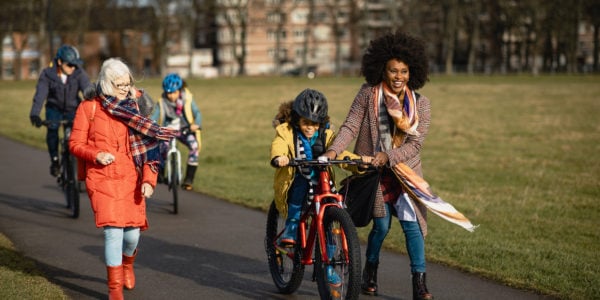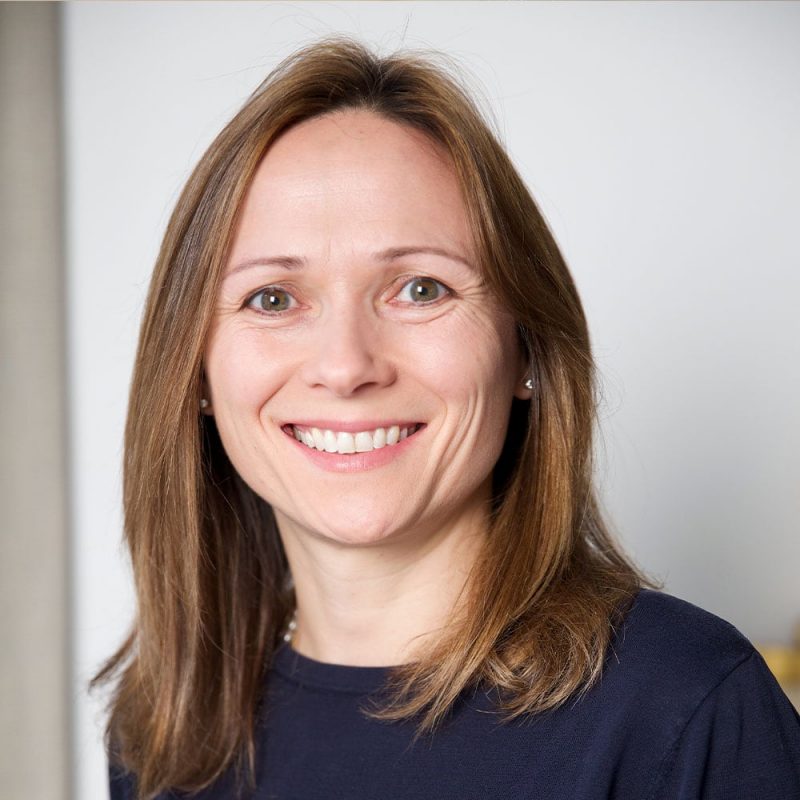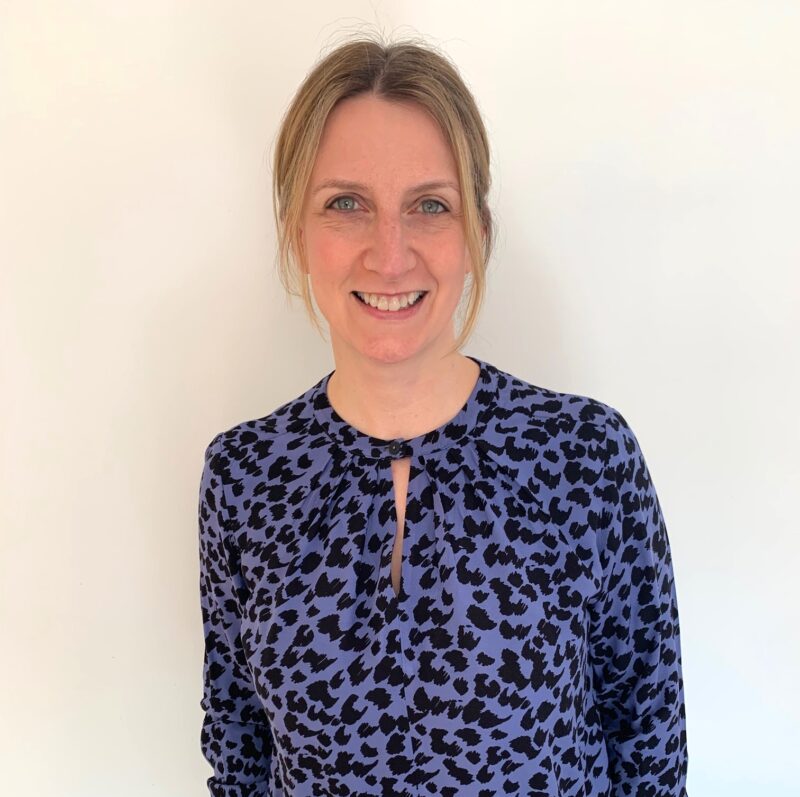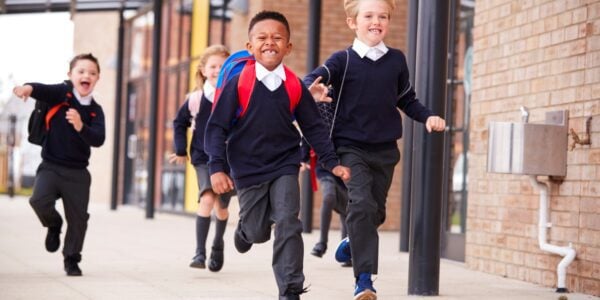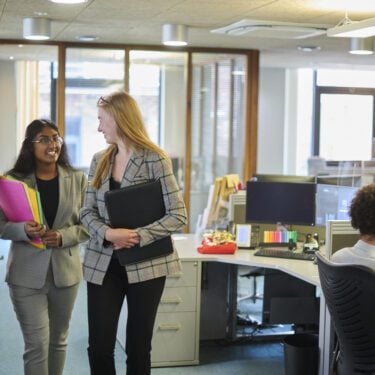-
Dr Mona SakrMiddlesex University
-
Dr Lorien JasnyUniversity of Exeter
-
Dr Lindsey CameronUniversity of Kent
-
Dr Jocelyn DautelQueen’s University Belfast
-
Dr Emily MurphyNewcastle University
-
Dr Charlotte HaberstrohLondon School of Economics and Political Science
Project overview
This project provided insight into the contribution that children can make to community integration and how this can be better supported in local policy landscapes.
What did it involve?
The research team examined how children’s and families’ perspectives, experiences, interactions and friendships networks feed into community integration in three towns in the Northwest of England: Bolton, Blackburn with Darwen and Preston.
Taking an interdisciplinary approach, the research involved:
- Gathering children’s creative work across five schools exploring their own journeys and communities and interviews with 28 children about their work.
- Surveying 444 children aged 9-11 years of age, using child-friendly psychological measures to examine their intuitions, understandings and feelings about diversity and integration.
- Mapping peer friendship networks for the same 444 children.
- Surveying 181 parents about their perspectives, experiences and networks.
- Interviewing 83 children to find out more about their networks and experiences and how these are shaped by local factors.
- Interviewing 57 local stakeholders and policy-makers to probe how they conceptualise and support children’s contribution to community integration in the context of local council initiatives, community groups and schools.
Key findings:
- Children’s contribution to community integration depends on how comfortable parents and carers feel about connecting across difference.
- Parents/carers’ own connections correlate with children’s diverse friendships and their willingness to make friends with children who are not like them in some ways.
- If children’s friendships are to last over time and have a lasting effect on their views on the world, children need support from parents/carers to develop diverse friendships outside of school, including through role modelling and explicit approval.
- School is most often the way that children and parents connect across difference.
- Public spaces that children can access for free are particularly important for supporting connections across difference. Local parks where children can play safely are an important way for children to deepen diverse friendships outside of a school context.
Key policy recommendations:
Local authorities should support and invest in schools to enable them to act as community hubs. Additionally, they should invest in accessible and safe green spaces for children. Sport is a hotspot for connection and shared belonging, particularly football clubs. There are opportunities for other services, such as arts groups and libraries, to learn from how local football clubs operate and create spaces in which diverse families feel similarly welcomed.
